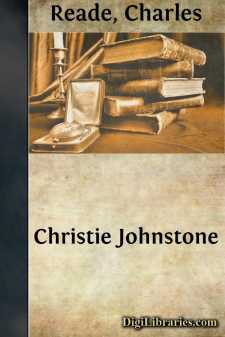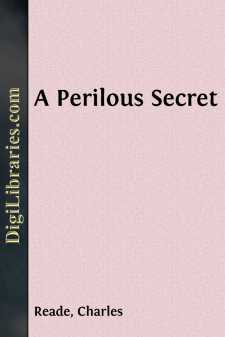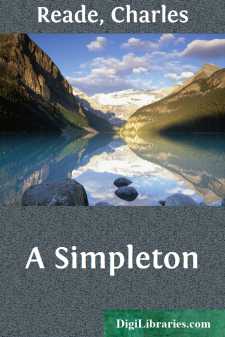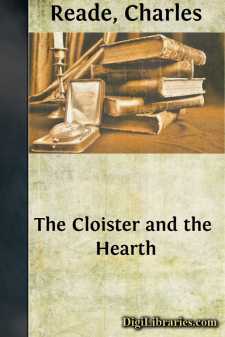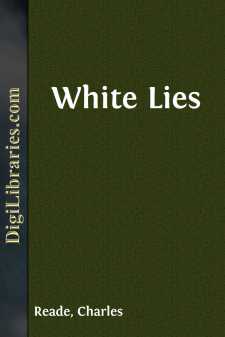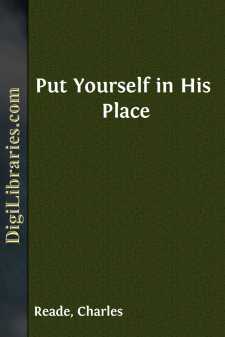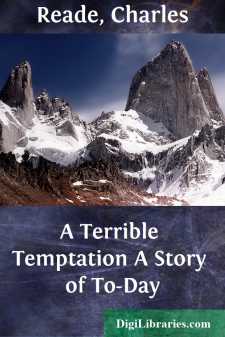Categories
- Antiques & Collectibles 13
- Architecture 36
- Art 48
- Bibles 22
- Biography & Autobiography 815
- Body, Mind & Spirit 144
- Business & Economics 28
- Children's Books 18
- Children's Fiction 14
- Computers 4
- Cooking 94
- Crafts & Hobbies 4
- Drama 346
- Education 58
- Family & Relationships 59
- Fiction 11835
- Games 19
- Gardening 17
- Health & Fitness 34
- History 1378
- House & Home 1
- Humor 147
- Juvenile Fiction 1873
- Juvenile Nonfiction 202
- Language Arts & Disciplines 89
- Law 16
- Literary Collections 686
- Literary Criticism 179
- Mathematics 13
- Medical 41
- Music 40
- Nature 180
- Non-Classifiable 1768
- Performing Arts 7
- Periodicals 1453
- Philosophy 65
- Photography 2
- Poetry 896
- Political Science 203
- Psychology 44
- Reference 154
- Religion 515
- Science 126
- Self-Help 85
- Social Science 83
- Sports & Recreation 34
- Study Aids 3
- Technology & Engineering 60
- Transportation 23
- Travel 463
- True Crime 29
Our website is made possible by displaying online advertisements to our visitors.
Please consider supporting us by disabling your ad blocker.
Christie Johnstone
by: Charles Reade
Categories:
Description:
Excerpt
CHAPTER I.
VISCOUNT IPSDEN, aged twenty-five, income eighteen thousand pounds per year, constitution equine, was unhappy! This might surprise some people; but there are certain blessings, the non-possession of which makes more people discontented than their possession renders happy.
Foremost among these are "Wealth and Rank." Were I to add "Beauty" to the list, such men and women as go by fact, not by conjecture, would hardly contradict me.
The fortunate man is he who, born poor, or nobody, works gradually up to wealth and consideration, and, having got them, dies before he finds they were not worth so much trouble.
Lord Ipsden started with nothing to win; and naturally lived for amusement. Now nothing is so sure to cease to please as pleasure—to amuse, as amusement. Unfortunately for himself he could not at this period of his life warm to politics; so, having exhausted his London clique, he rolled through the cities of Europe in his carriage, and cruised its shores in his yacht. But he was not happy!
He was a man of taste, and sipped the arts and other knowledge, as he sauntered Europe round.
But he was not happy.
"What shall I do?" said l'ennuye'.
"Distinguish yourself," said one.
"How?"
No immediate answer.
"Take a prima donna over," said another.
Well, the man took a prima donna over, which scolded its maid from the Alps to Dover in the lingua Toscana without the bocca Romana, and sang in London without applause; because what goes down at La Scala does not generally go down at Il Teatro della Regina, Haymarket.
So then my lord strolled into Russia; there he drove a pair of horses, one of whom put his head down and did the work; the other pranced and capricoled alongside, all unconscious of the trace. He seemed happier than his working brother; but the biped whose career corresponded with this playful animal's was not happy!
At length an event occurred that promised to play an adagio upon Lord Ipsden 's mind. He fell in love with Lady Barbara Sinclair; and he had no sooner done this than he felt, as we are all apt to do on similar occasions, how wise a thing he had done!
Besides a lovely person, Lady Barbara Sinclair had a character that he saw would make him; and, in fact, Lady Barbara Sinclair was, to an inexperienced eye, the exact opposite of Lord Ipsden.
Her mental impulse was as plethoric as his was languid.
She was as enthusiastic as he was cool.
She took a warm interest in everything. She believed that government is a science, and one that goes with copia verborum.
She believed that, in England, government is administered, not by a set of men whose salaries range from eighty to five hundred pounds a year, and whose names are never heard, but by the First Lord of the Treasury, and other great men.
Hence she inferred, that it matters very much to all of us in whose hand is the rudder of that state vessel which goes down the wind of public opinion, without veering a point, let who will be at the helm.
She also cared very much who was the new bishop....


